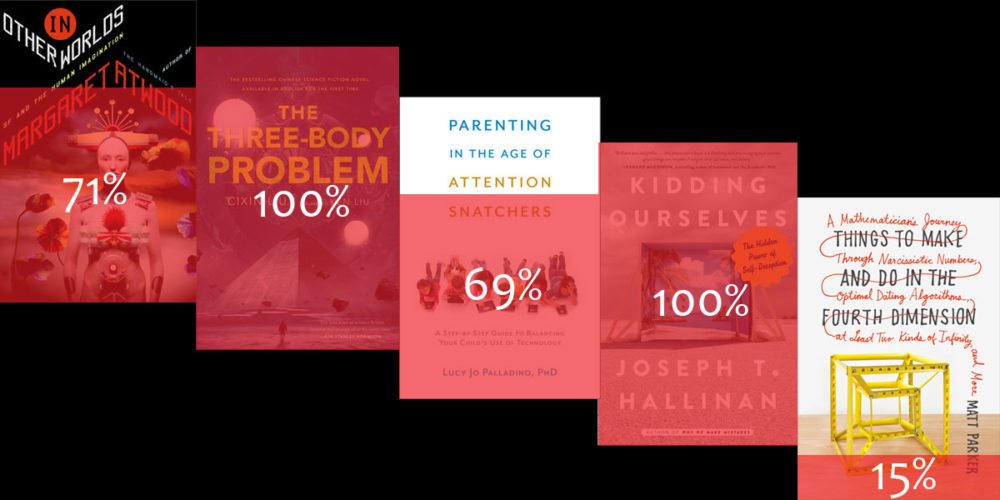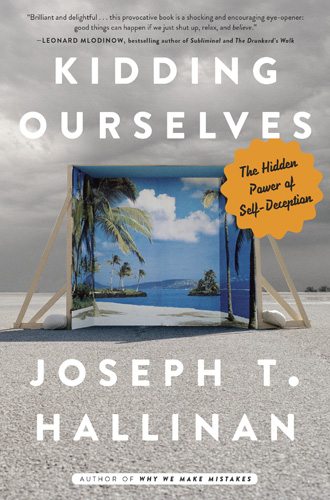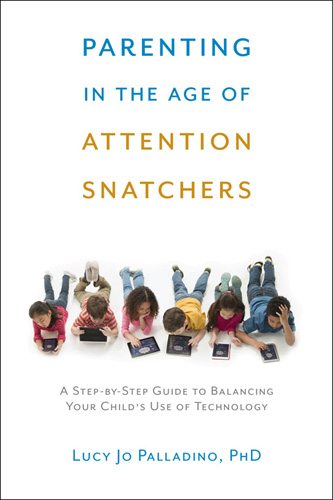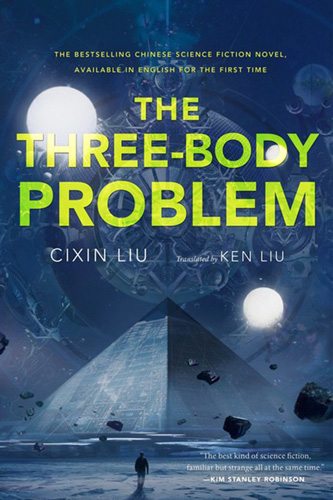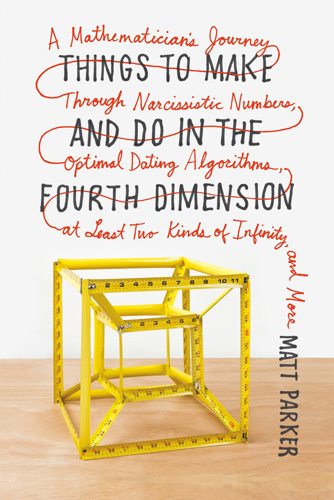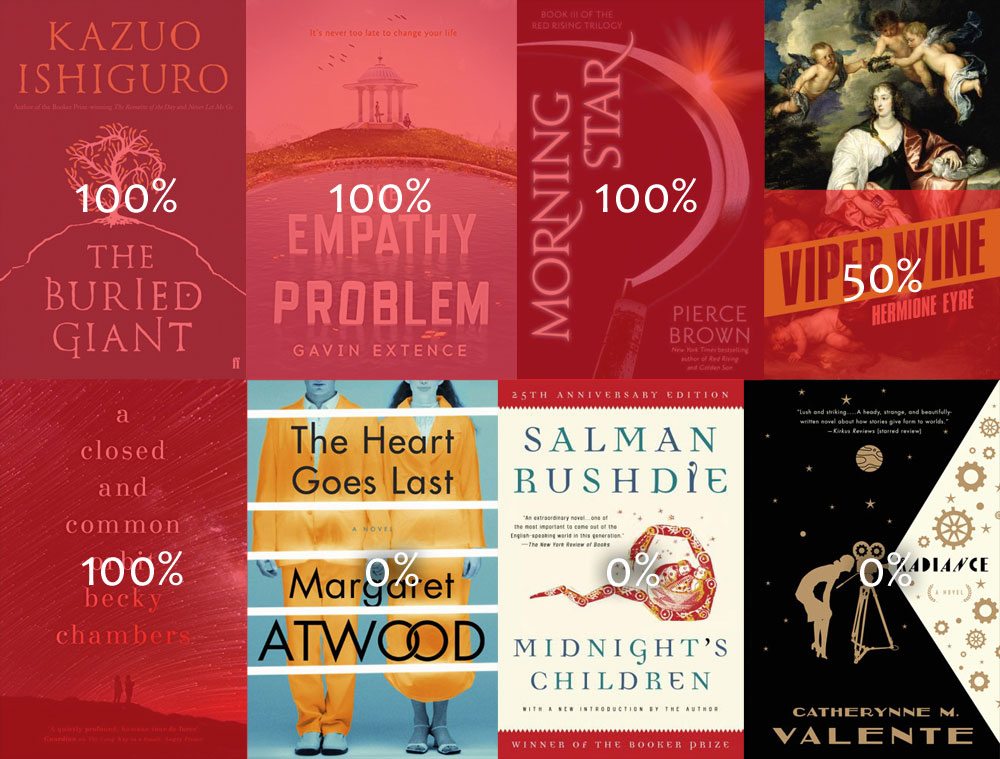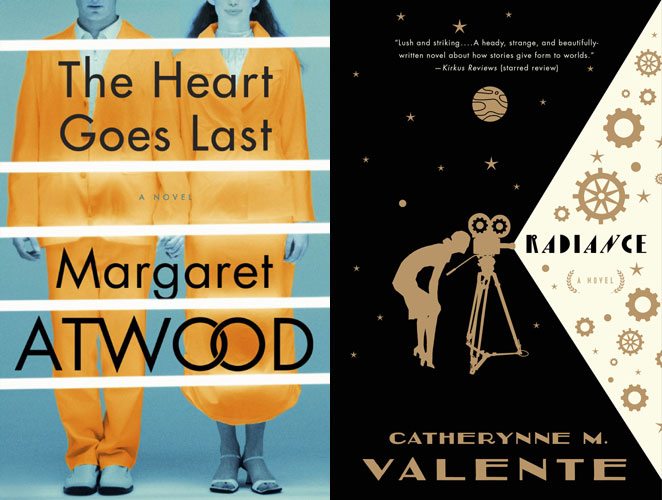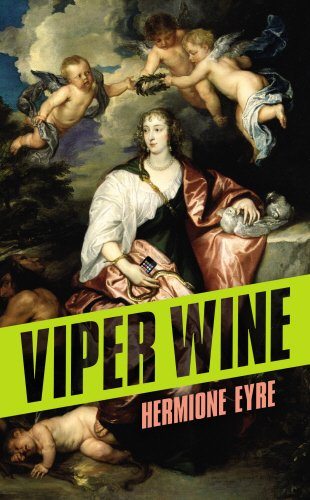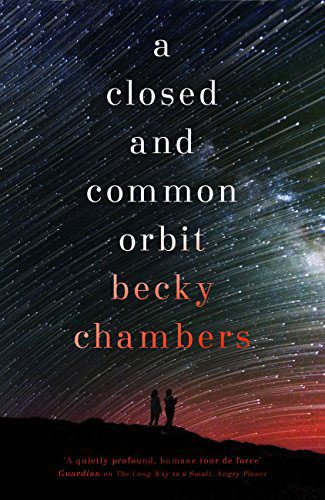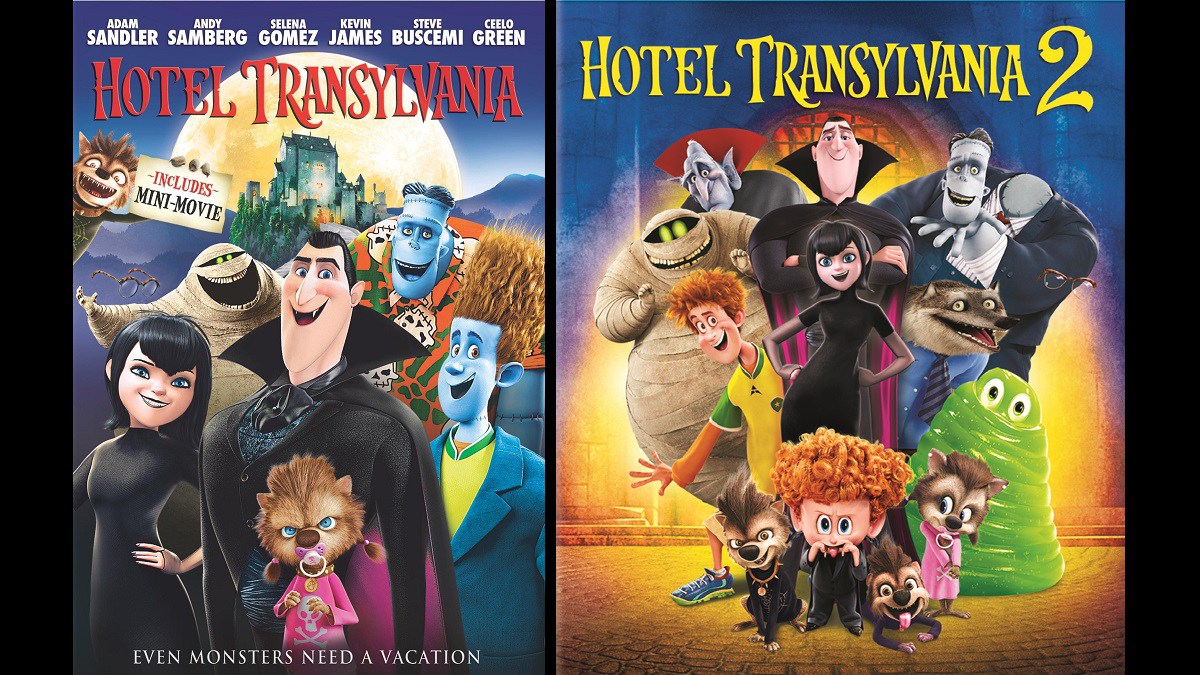At the beginning of 2016, Robin Brooks and I made some reading resolutions. So, now that we’ve reached the last Stack Overflow of the year, let’s check in and see how we did.
Jonathan’s Resolutions
For me, rather than simply saying “I resolve to read more non-fiction” or “I resolve to look for more diversity in writers,” I picked 5 specific books that would move me in the directions I hoped to go.
Kidding Ourselves by Joseph T. Hallinan – 100% read
This is the first book from my list that I finished this year (see this Stack Overflow). I’d read Hallinan’s Why We Make Mistakes a several years ago and really enjoyed it, so it was an easy choice to start it. It’s a fairly quick read, thought-provoking, and I think particularly relevant in an election year. I’m always fascinated by how our brains work (and don’t work), and Hallinan’s book is a great mix of anecdotes and data. Not all of the ways we deceive ourselves can be combatted easily, but knowing how your brain works is a good first step.
Parenting in the Age of Attention Snatchers by Lucy Jo Palladino – 69% read
I’d started Parenting in the Age of Attention Snatchers a while ago but … I have my own attention snatchers to contend with (including my three daughters), and I haven’t finished it yet. (In fact, from my column about Kidding Ourselves, I mentioned that I’d started reading this one at that time.) What I can tell you so far, though, is that Lucy Jo Palladino takes a different approach to the whole screen time dilemma, and one that I’ve found quite useful in my own parenting. Rather than just talking about screen time vs. non-screen time, Palladino talks about voluntary and involuntary attention. Voluntary attention is when you actively focus your attention on something—performing a new or unfamiliar task, for instance, or concentrating on something that is not necessarily exciting or interesting to you. Involuntary attention is when you can’t help but pay attention, the way you lose focus on a conversation if the doorbell rings, or the way any screen seems to attract kids (and adults) like moths to a flame. You don’t have to work very hard to get most kids to pay attention to a movie or a tablet or a videogame—it’s involuntary.
Palladino talks about the ways that developing your voluntary attention—training it, practicing it, choosing to put your attention on one thing despite distractions—is critically important, because those higher-level cognitive skills are necessary to function as an adult. That’s not to say that you should never give in to involuntary attention—but that you get better at what you train. Whether your child’s weakness is a smartphone or playing on a swing, there is great value in teaching them to redirect their attention at times.
Although I haven’t finished the book yet, I have found it a helpful way to think about my kids and my own habits in terms of what I’m developing, rather than simply putting screen time on the “good” or “bad” side of a scale. The reason it has taken me so long? Well, my attention snatchers in book form tend to be things like fiction and comics, and reading non-fiction requires more voluntary attention on my part—which is why I need this book for myself, too.
The Three-Body Problem by Cixin Liu, translated by Ken Liu – 100% read
I’ve had this one on my list for a while, and finally finished it this fall (see this Stack Overflow). I’m tempted to give myself a 200% on this one because I followed it up immediately with the second book in the trilogy, The Dark Forest. I haven’t started the last book, Death’s End, yet because I was trying to follow through on some of my other reading first. I really got sucked into this story, which is a fascinating look at the consequences of making contact with an alien civilization. I’ve got Death’s End on my list to read soon, and will write up the entire trilogy in one piece when I finish, though it’ll be very hard to do without any spoilers. My advice: if you like science fiction, look this one up and give it a shot.
In Other Worlds: SF and the Imagination by Margaret Atwood – 71% read
As I said at the beginning of the year, there are many notable authors that I haven’t read much, and Margaret Atwood is one of them. This book is a collection of mostly non-fiction exploring Atwood’s relationship with sci-fi, both as a reader and as a writer. She talks about the difficulties of pinning down what “science fiction” means for different people and why she has sometimes avoided the term for her own work.
The book includes essays that originated as lectures and as her unfinished Ph.D. thesis, some of her reviews and introductions for various science fiction works, and then some of her own science fiction writing.
So far I’ve found the collection really engaging, and I look forward to reading more of her fiction, as well as some of the fiction she writes about. She has one essay about reading George Orwell—Animal Farm as a kid (by mistake) and 1984 when she was older—and some of the comments she makes about political power and freedom are eerily prescient—or perhaps we are just still making the same mistakes we were in 2003 when that piece was first broadcast on the radio.
I may yet get to 100% on this one by the end of the year, since it’s my current read.
Things to Make and Do in the Fourth Dimension by Matt Parker – 15% read
What can I say? I dipped into this one, but ultimately let myself get pulled away into all of the other books I’ve covered in Stack Overflow this year. I liked it enough that it’s still on my shelf, waiting to be read (rather than moved to the “get rid of” pile), but that shelf has a lot of books on it, so it may be a while I pick it back up.
So, that’s how my resolutions shaped up this year. How about you?
Robin’s Resolutions
It’s slightly embarrassing to revisit my reading resolutions. 2016 and I were not happy bedfellows when it comes to reading. Looking at the original graphic from the 2016 resolutions post, I did not do so well, only finishing two out of the eight books mentioned.
Two of the books, I’ve still yet to obtain – the Margaret Atwood and Catherine Valente. I would still like to read The Heart Goes Last, indeed, it’s still on my Christmas wish-list for this year, so who knows, by the time you’re reading this, it may be in possession. I do have The Bronze Key, the third book in the Magisterium series. I bought it for my son for his birthday and he devoured it in about 24 hours. It’s hovering close to the top of my to be read pile, so I should get to it soon.
Viper Wine, I started to read as part of my literary science fiction investigation. I had high hopes for Viper Wine, but those hopes were not realized. I struggled with it, eventually putting it down with the intention of going back, but never did. I recently took it to the thrift store as part of a pre-Christmas clear out, so now, I’m never going to. It was a pseudo-historical novel, and whilst it was funny in places, its satire was too subtle for me, and certainly didn’t compensate for its glacial pacing.
The failure to finish Viper Wine seemed to derail my entire literary SFF exploration. I tried several different books, and failed to finish most of them, or discovered that the SFF elements mentioned in the blurb were so slight, it was stretching the brief too far. After too many failures, I temporarily abandoned the project, and just started reading whatever took my fancy on the day.
I did, however, read The Buried Giant, which too is slow-paced, but entirely captivating. Its dark ages fantasy setting belies its contemporary themes. Politicians taking on the powder keg left after 2016 would do well to heed the novel’s warnings, though I doubt they will. My full review is here.
Another book from my original image that I did complete was almost the polar opposite of The Buried Giant. Morningstar is the breathless finale to Pierce Brown’s visceral Red Rising series. The trilogy is like Kim Stanley Robinson’s Mars Trilogy, reimagined by Machiavelli after he’d read The Hunger Games. It’s a political thriller, with twists and turns, ebb and flows, punctuated by sprawling space battles and close up knife fights. It’s a fine series with a hint of the Warhammer 40,000 universe about it too.
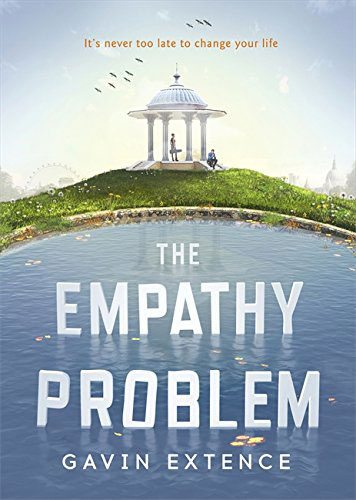 My reading resolution had more success with books that came out later in the year, probably because they were by authors whose work I greatly admire. The Empathy Problem by Gavin Extence is his third novel. Extence debuted with The Universe Versus Alex Woods, a fabulous novel about a misfit sci-fi loving teenager and his friendship with his elderly neighbor. It’s a life-affirming novel filled with keen observation.
My reading resolution had more success with books that came out later in the year, probably because they were by authors whose work I greatly admire. The Empathy Problem by Gavin Extence is his third novel. Extence debuted with The Universe Versus Alex Woods, a fabulous novel about a misfit sci-fi loving teenager and his friendship with his elderly neighbor. It’s a life-affirming novel filled with keen observation.
The same razor-sharp commentary on modern life is present again in The Empathy Problem, this time the main target being the world of finance. Whilst I enjoyed the novel, its plot was over-obvious and it doesn’t have the same exuberant originality that Extence brought to his debut.
A Closed and Common Orbit by Becky Chambers is the follow-up to my novel of 2015, A Long Way to a Small Angry Planet. Much like Gavin Extence, the quality of Chamber’s debut was so high, trying to equal it was always going to be difficult.
A Closed and Common Orbit is more of a spin-off from the first book than a direct sequel. Once again, the world-building is excellent, but with a smaller cast and wider setting, it doesn’t have the same claustrophobic petri-dish feel that made the first book so special. Nevertheless, Extence and Chambers still remain two of my favorite authors, and I look forward to seeing what they might produce in 2017.
So what will 2017 bring for my reading? I still haven’t started Salman Rushdie’s Midnight’s Children, another book on my 2016 wish-list. I have a few ideas for some 2017 reads including a monster-sized novel, that I’m hoping to get for Christmas. More of that on my other ambitions in the early weeks of the new year. Until then, happy holidays and happy reading!
